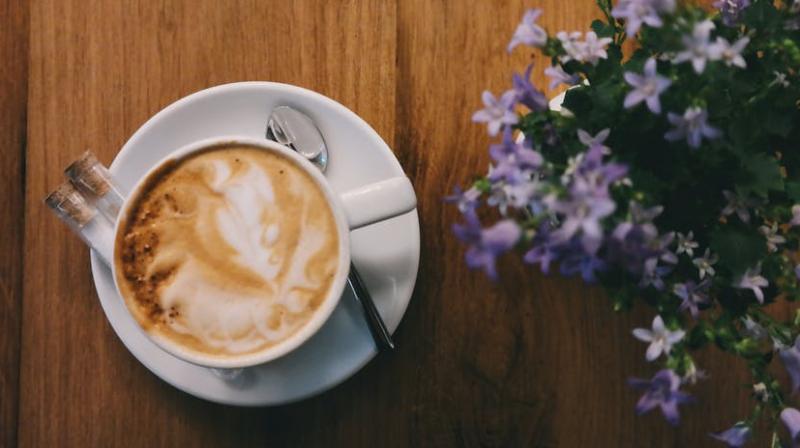Here are steps to becoming a coffee tasting expert

London: Ever heard of a coffee tasting session instead of the wine tasting session? Well, the entire concept of coffee-tasting is a not a far-fetched one considering the coffee-lovers are showing interest in tasting a large variety of coffee that is yet to be discovered.
'Cupping' is the word used for tasting session for brewed coffee to evaluate the quality of the coffee bean. It has been a prevalent practice in Britain since late 1990's which is also recognised to be as the First Wave of American coffee, as per media reports.
As per a coffee expert, wine is considered to be a finished product that is already packaged in a bottle and just needs to be tasted whereas the coffee needs to freshly brewed and then is given for tasting thus changing the mechanics of the tasting sessions.
Another coffee expert said that a rise in the coffee brewers and constant innovation in the caffeine industry along with the rise in dedicated blogs for coffee tasting are the driving factors to increasing interest towards coffee-tasting sessions.
Some of the steps included in the coffee tasting sessions are as follows:
Smelling the aroma of the dry coffee before it is added to the water.
The pour matter too because the purer the water, the more space the coffee has to extract.
The ratio of coffee to water matters also matters: around 13 grams of coffee to 230 grams of water, or 1:17. Given that an espresso is normally around 2:1, and one can see the difference in intensity. The water should be approximately 94/95 degrees, so just off the boil. Let the grinds infuse for around four minutes. Good quality coffee still tastes good when it cools, whereas poor quality coffee decreases further as it cools.
Smell the coffee
Use a flat, wide spoon angled away from you to break the bubbly film on the top to release the aroma. Push the spoon through the crust, about halfway down into the cup, and put your face right up into it. Inhale at will. The sweeter, chocolate flavours go well with milk, while the fruity samples are best served as black.
Then taste the coffee
Skim the top with the spoon, in order to avoid any floating grinds, and put a little on our tongues to slurp. Do not be ashamed of slurping the coffee and try to coat the entire mouth with coffee and push it at the back of the tongue where the taste buds are stronger and so you could identify the aroma.
The ranking
Look out for the body, or texture/mouth feel, and the acidity. Also, take note of both the flavour and the aftertaste. Consider the acidity of the coffee as well.
So now we hope that the coffee lovers would be all set to take part in coffee-tasting sessions.

